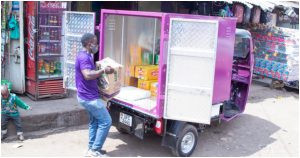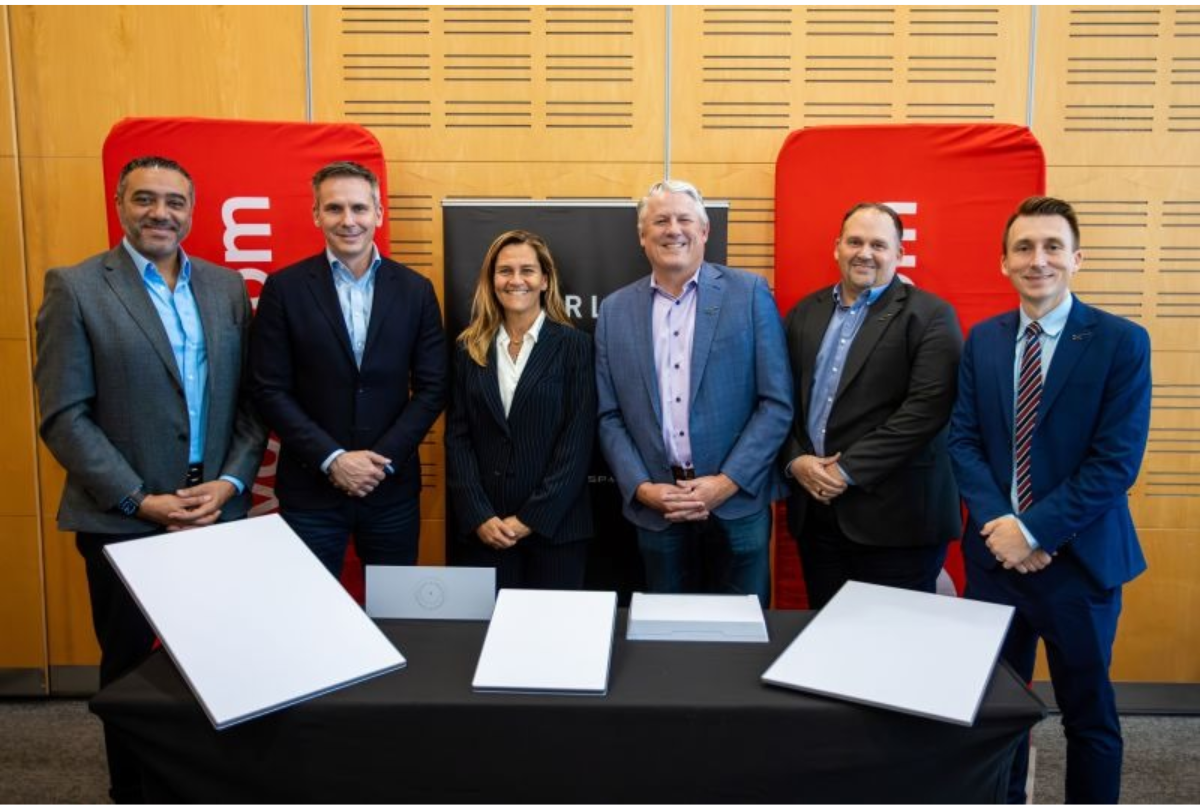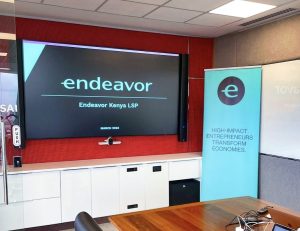
Wasoko: The Kenyan startup reshaping e-commerce in Africa
Wasoko, founded in 2013, is an innovative e-commerce platform rapidly reshaping Africa’s online shopping landscape.
The Empower Africa Business Platform is Now Live !!!

South Africa’s pan-African operator Vodacom Group has announced a major new agreement with Starlink, the satellite broadband service developed by SpaceX, to bring high-performance internet connectivity across the African continent, including to underserved rural regions.
Under the pact, Vodacom will integrate Starlink’s low-earth orbit satellite backhaul into its existing mobile network infrastructure.
This approach aims to boost network performance and extend reliable broadband into remote areas where terrestrial infrastructure is either too costly or difficult to deploy.
In addition, Vodacom will resell Starlink’s equipment and services to businesses and enterprises across Africa.
The company intends to tailor these offerings to reflect local market needs and budgets. Target sectors include mining, oil & gas, agriculture, tourism, retail, and finance.
Vodacom’s leadership states that the partnership aligns with its long-term strategy, which aims to reach 260 million customers and 120 million financial services users by 2030.
Embedding satellite capability into its network is described as a key component of its drive toward near-universal coverage and enhanced digital inclusion.
The deal comes at a time when satellite broadband is increasingly recognised as a viable way to narrow Africa’s digital divide.
The continent’s rural and sparsely populated zones often present mobile network operators with high rollout costs and uneven return on investment.
Partnering with satellite providers gives telecom groups a way to overcome terrain and geography challenges.
Shameel Joosub, CEO of Vodacom Group, expressed enthusiasm about the move:
“We are delighted to collaborate with Starlink. Low Earth orbit satellite technology will help bridge the digital divide where traditional infrastructure is not feasible, and this partnership will unlock new possibilities for the unconnected.”
From Starlink’s side, Chad Gibbs, Vice President of Starlink Operations, noted the scale of the collaboration:
“Starlink is already serving people, businesses, and organisations in 25 African countries. By collaborating with Vodacom, Starlink can deliver reliable, high-speed connectivity to even more customers, transforming lives and communities across the continent.”
That said, the agreement also brings into focus regulatory and competitive dynamics in African telecom markets.
Satellite-internet services such as Starlink face licensing, local-ownership and transformation requirements in several jurisdictions.
In South Africa, for example, local laws around black economic empowerment (BEE) have shaped how foreign telecom players can operate.

Wasoko, founded in 2013, is an innovative e-commerce platform rapidly reshaping Africa’s online shopping landscape.

Endeavor Kenya, a non-profit organization that supports high-impact entrepreneurs, has announced the launch of the ScaleUp Program, its inaugural cohort-based initiative for high-growth founders in East Africa.

Standard Chartered Bank and WomHub have announced the launch of the second Women in Tech (WiT) Incubator Programme in South Africa.